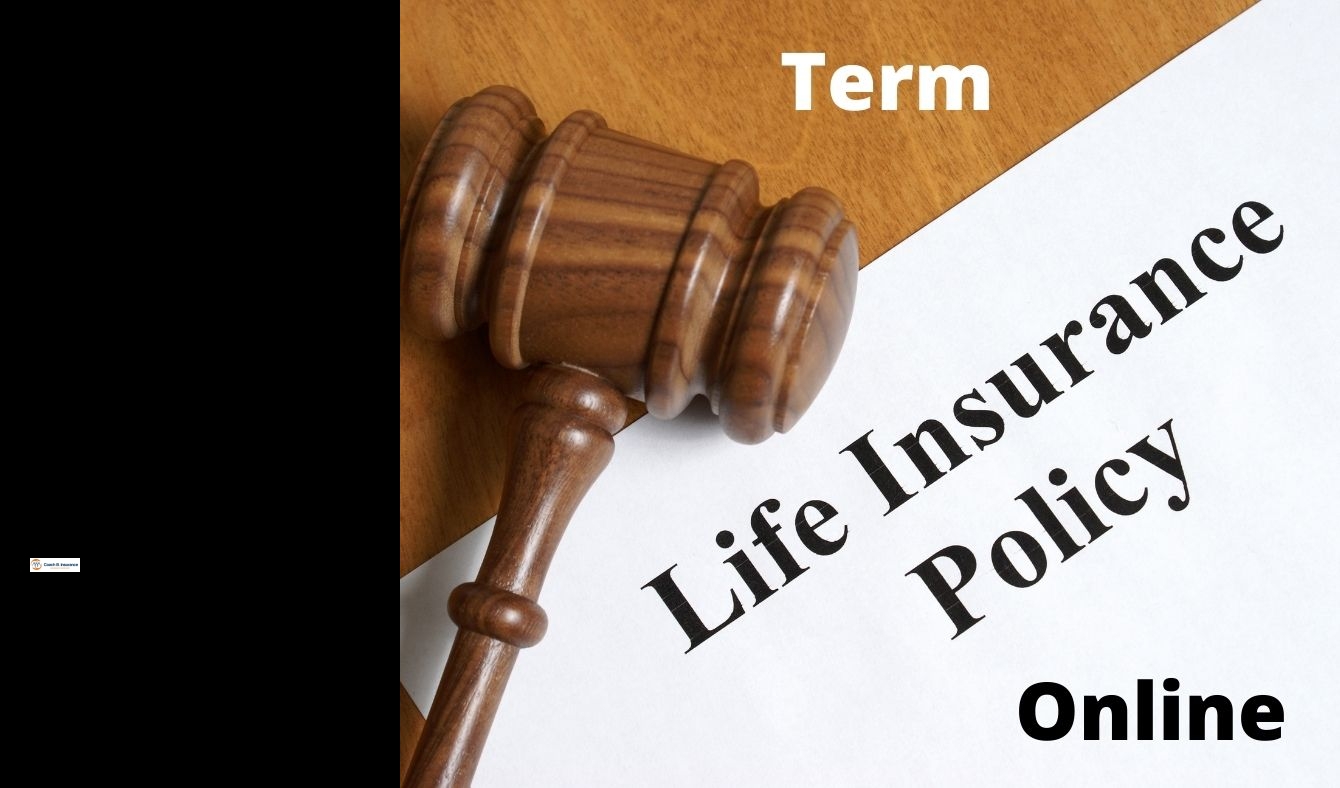how much term life insurance do i need
Depending on your age and health, you may have fewer options for life insurance as a senior. If you're below 70 and in good health, there aren't any significant restrictions. You may have to broaden your search to a broader set of companies, as some insurers will restrict the age group that can purchase a particular product.
If you're below 80 or reasonably healthy, you should be able to qualify for the term or guaranteed universal life insurance policies that offer low rates for the elderly. However, if you have certain pre-existing medical conditions, guaranteed whole life insurance may be your best option for coverage.



